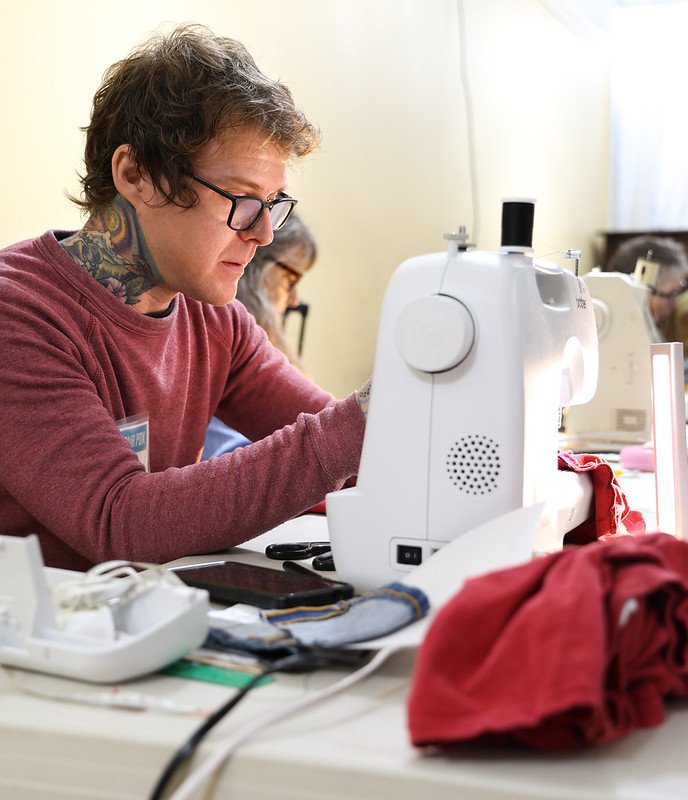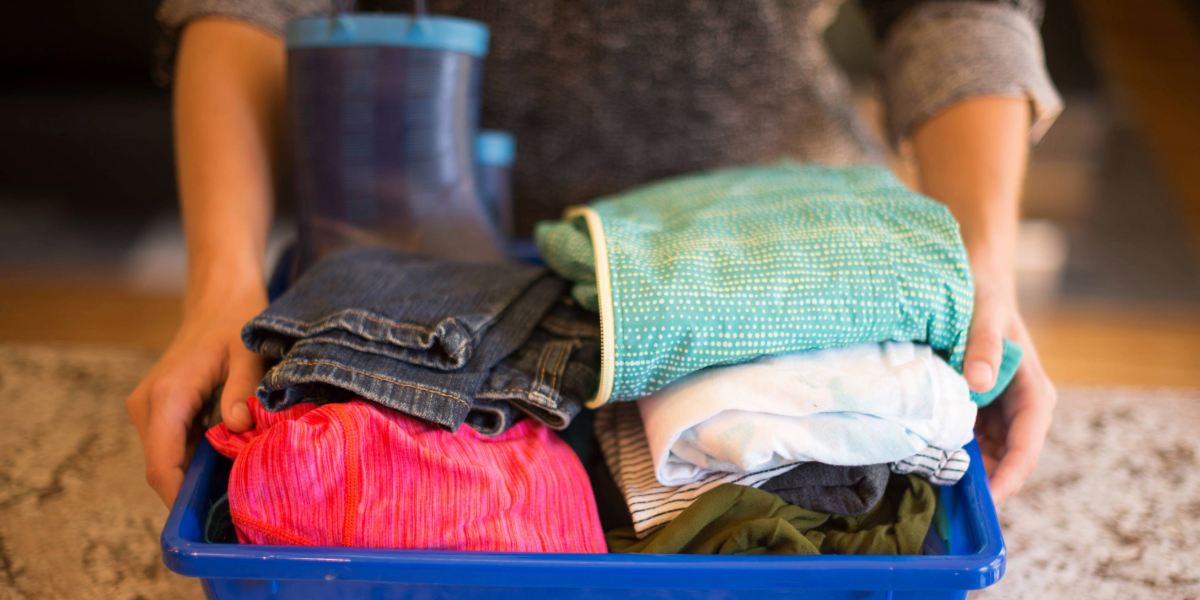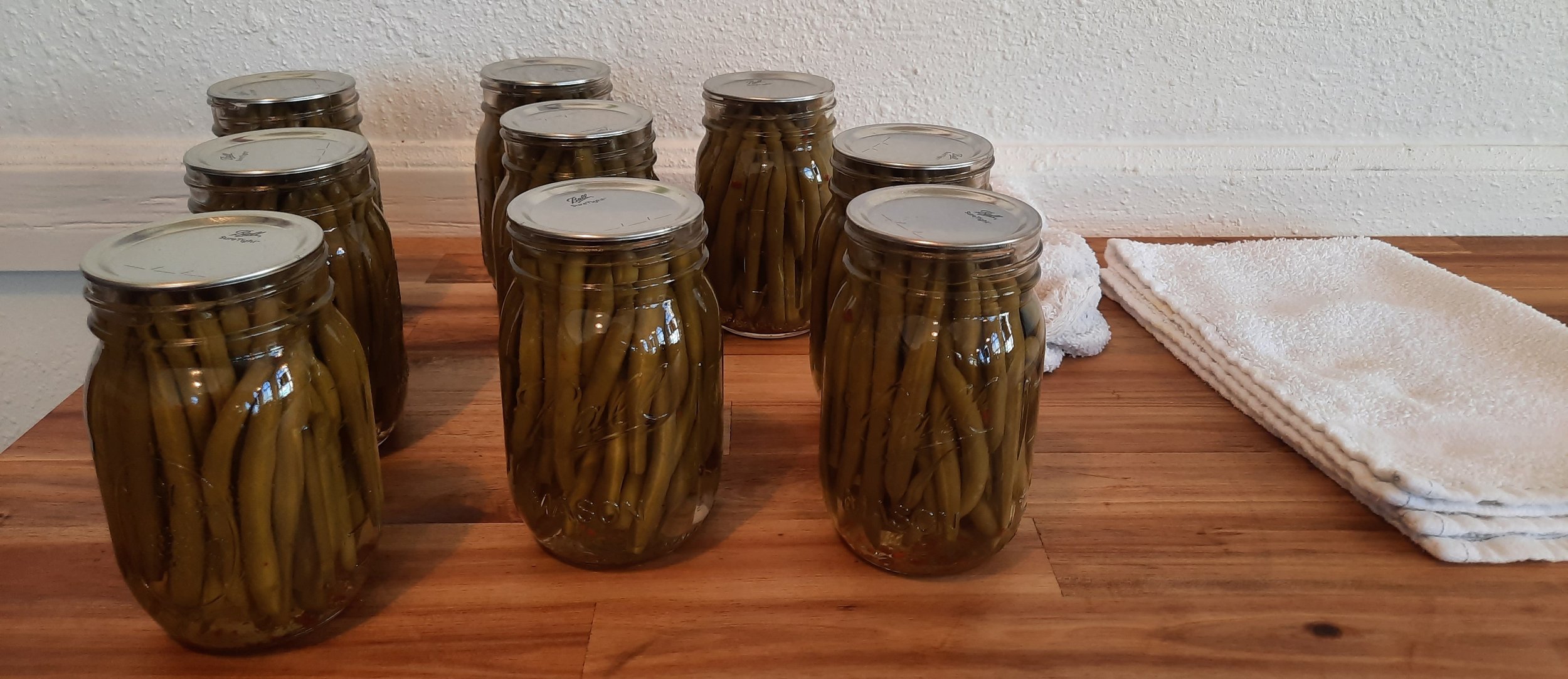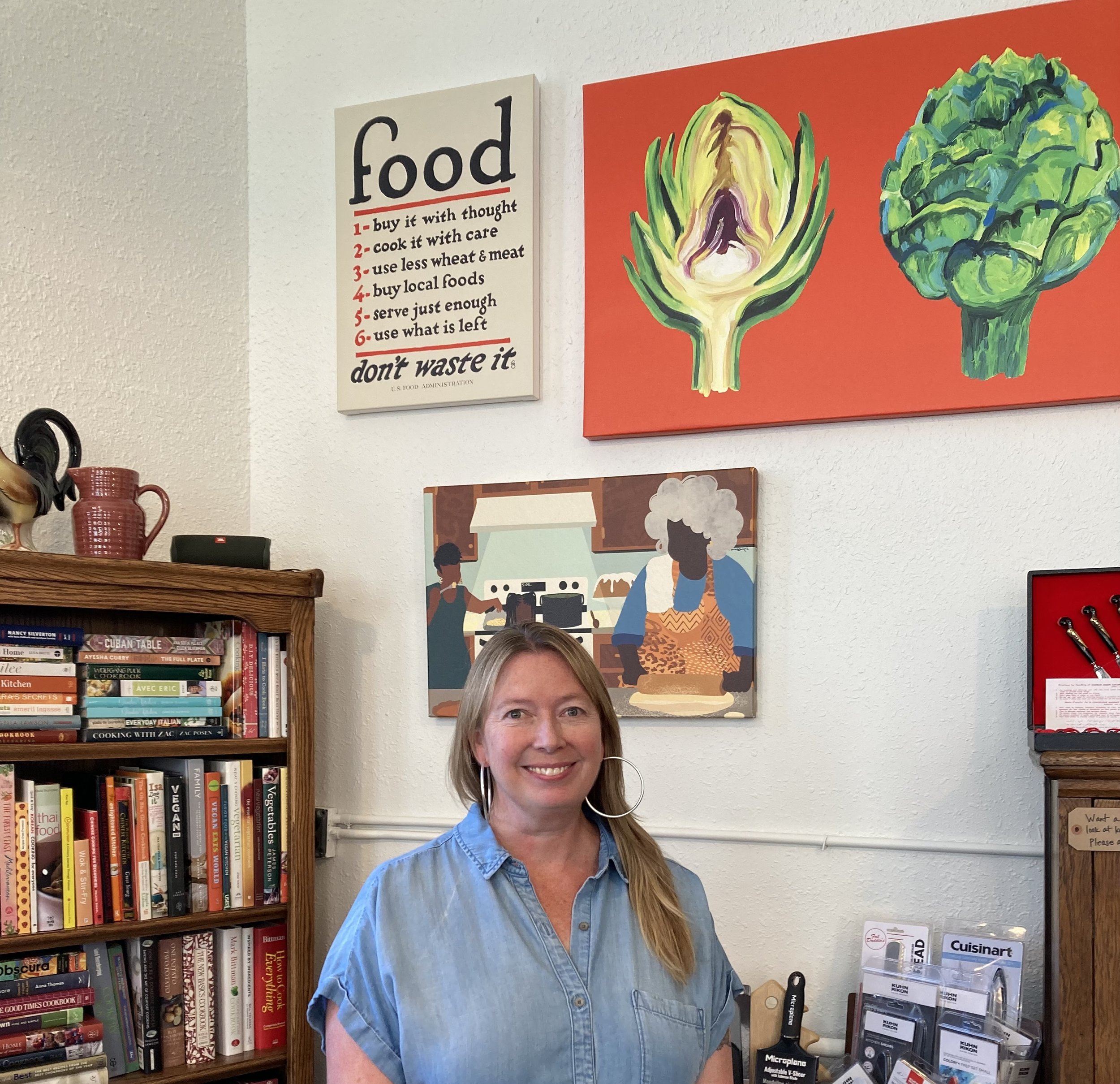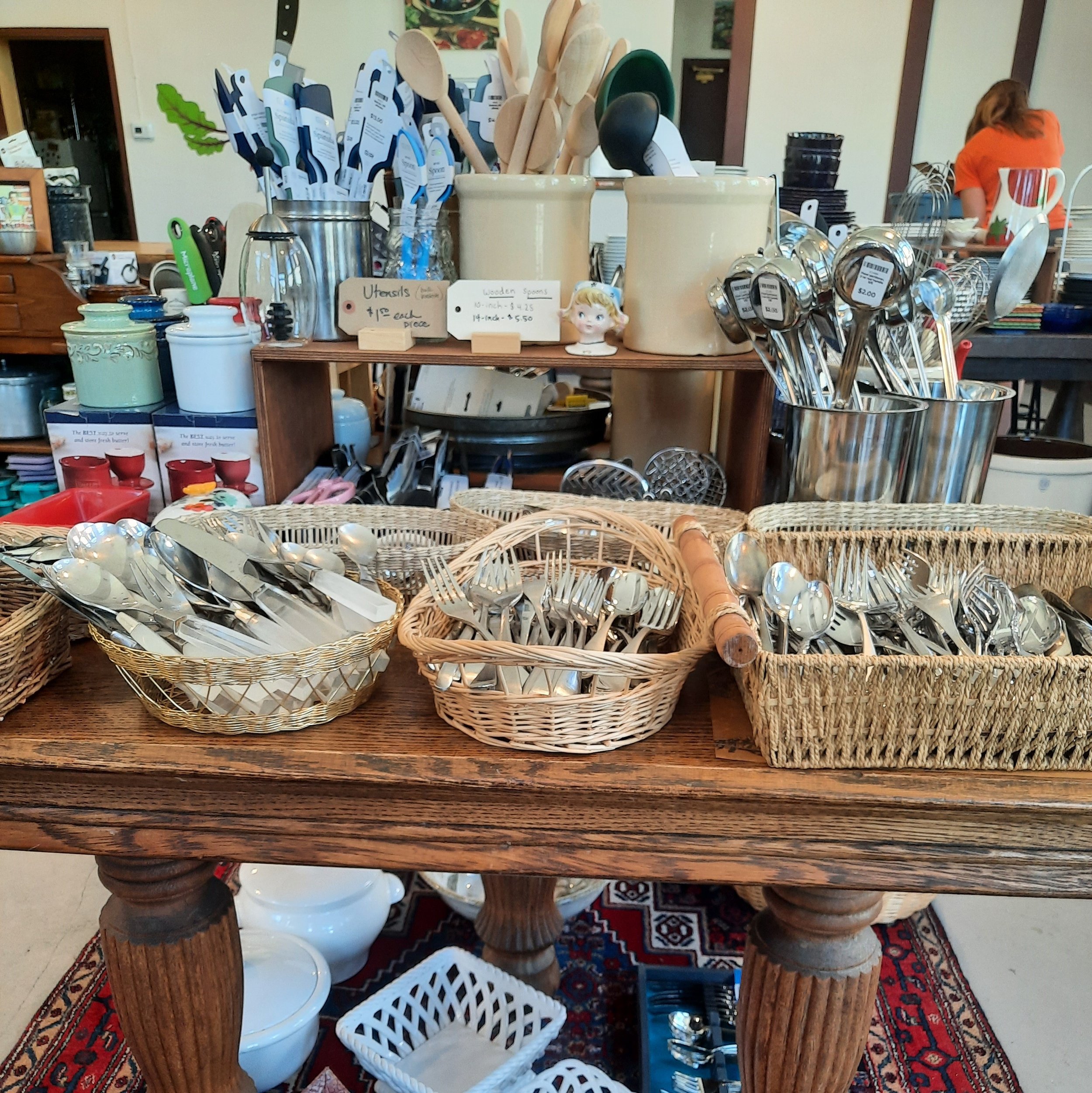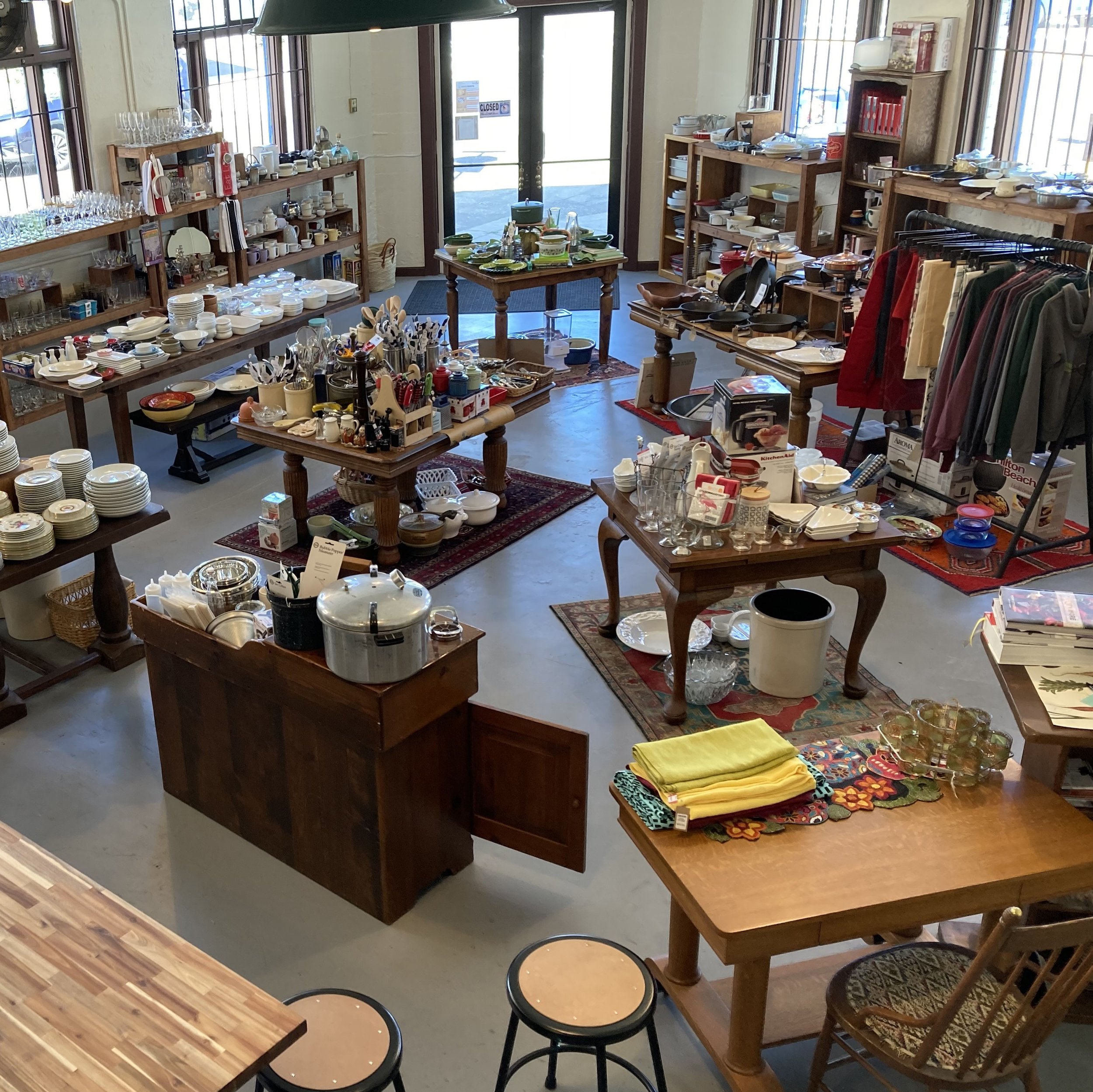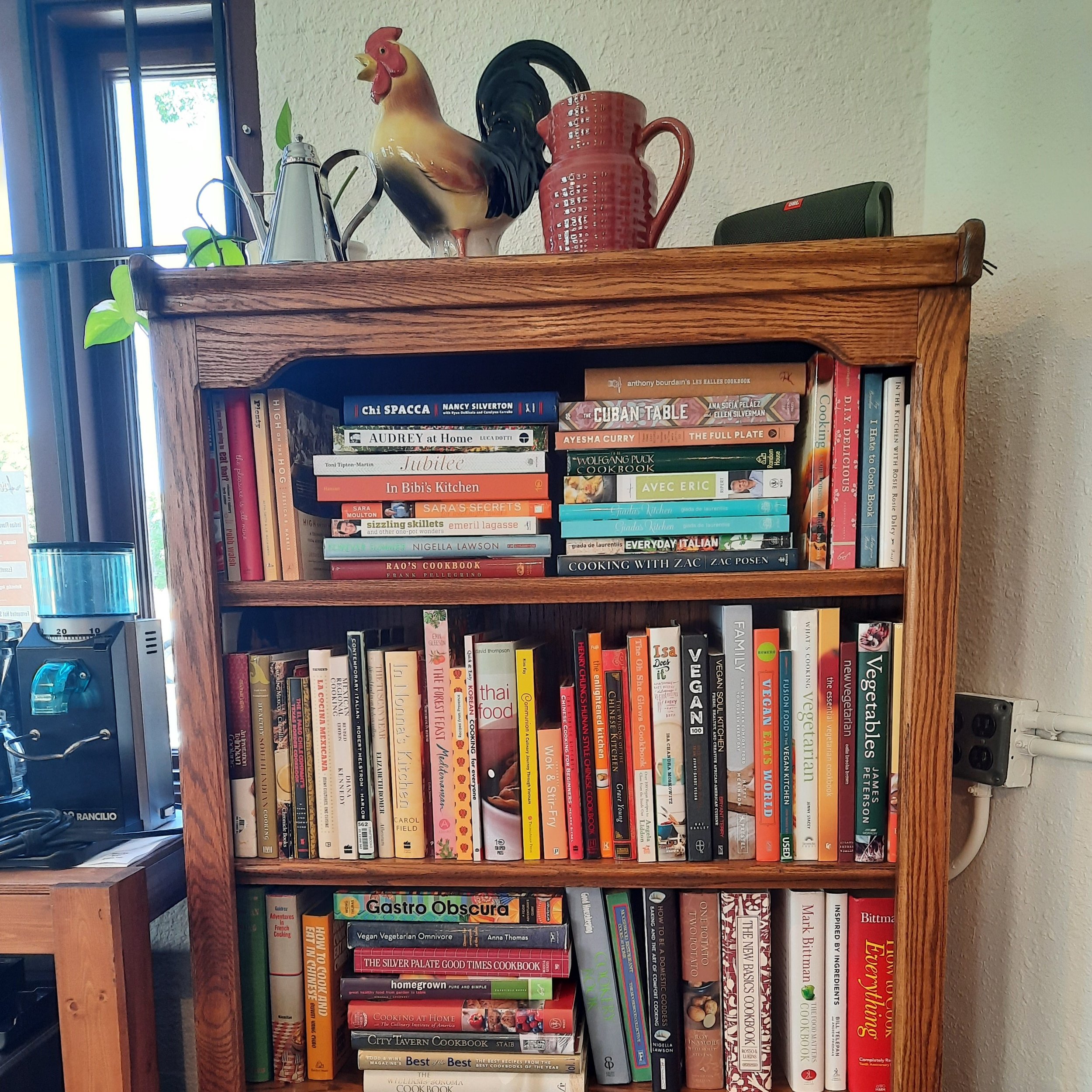Local business spotlight: Sew Susty
We spoke with Ruby Chevreuil, founder of Sew Susty, to hear how sustainable sewing, community building, and embracing imperfections are helping people learn skills that last a lifetime.
Ruby Chevreuil has been sewing for 10 years — but only recently discovered her passion for teaching others.
Helping people learn this essential life skill inspired her to found Sew Susty, a sustainable sewing business that teaches sewing through community workshops.
Ruby exclusively uses secondhand, donated, and thrifted fabrics and materials for all her classes — keeping sustainability at the heart of her mission.
"If I could do something all day, I would want to talk about sewing!" — Ruby Chevreuil
The idea for Sew Susty sparked when Ruby taught her 5-year-old neighbor how to sew two years ago. Since then, she’s been hooked on witnessing "aha!" moments when people learn a skill for the first time.
In a world dominated by computer work, Ruby sees sewing as a way to reconnect with tactile skills that many folks don’t get a chance to learn anymore.
Sewing a New Perspective on the People Behind the Products
While Sew Susty workshops teach practical skills, Ruby also invites participants to think deeper about textile consumption and labor.
Ruby explains that a $5 t-shirt isn’t cheap because of machine automation — it’s because of low-wage labor outsourced overseas.
Cotton itself is expensive and resource-intensive to produce. When participants learn how long it takes to make even a simple tote bag during a workshop, they start seeing textiles through a sustainability and labor lens.
"Even a $2 tote bag takes hours to make. Maybe a worker didn’t get paid much for this effort."
By understanding the people behind our clothes, Ruby hopes students will think twice before buying something new.
Threads That Bind: How Sewing Sparks Connection
Sewing may be a self-sufficiency skill, but learning it together creates deep community connections.
Ruby hosts Sew Susty workshops and meetups in community spaces where people already gather, work, and play. Sometimes, the gatherings are even inspired by Broadway musicals or favorite artists.
"I’m just there to support them. I don’t even have to facilitate, the community facilitates itself."
Participants keep coming back, not just for the sewing skills, but to meet like-minded people and grow friendships stitch by stitch.
Unraveling Perfectionism
Learning something new can be intimidating — and Ruby sees firsthand how critical people can be of their own first sewing projects.
"People hold up a bag, start to nitpick, and critique their work."
Drawing from her background in mental health, Ruby reminds participants that this inner critic often comes from capitalistic-driven mindsets — where only perfect, polished results are celebrated.
Her advice? "Let yourself mess up. Let yourself make mistakes. That’s part of learning."
At Sew Susty, perfection isn’t the goal — progress and joy are.
Knot Your Average Sewing Class
Ready to sew your first tote bag or take your skills to the next level? Sew Susty offers a variety of classes — from Sewing 101 for beginners to upcycling projects for more advanced makers.
All workshops are offered on a sliding scale to keep them accessible for the whole community.
Want to get started?
Check out upcoming classes and events on Sew Susty’s website or Instagram page! Sew Susty has a new physical location at 310 SW 4th avenue, suite 400 in downtown Portland 97204.








